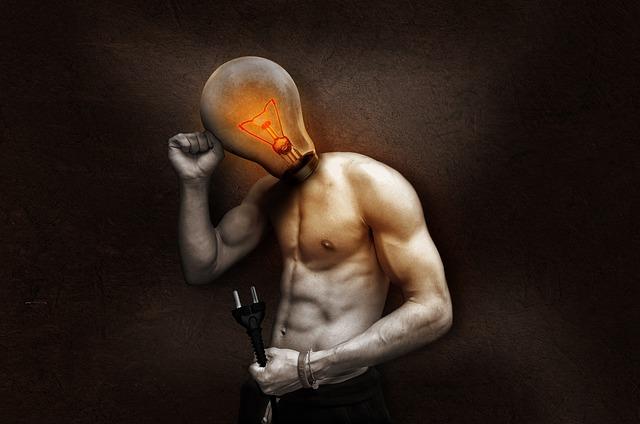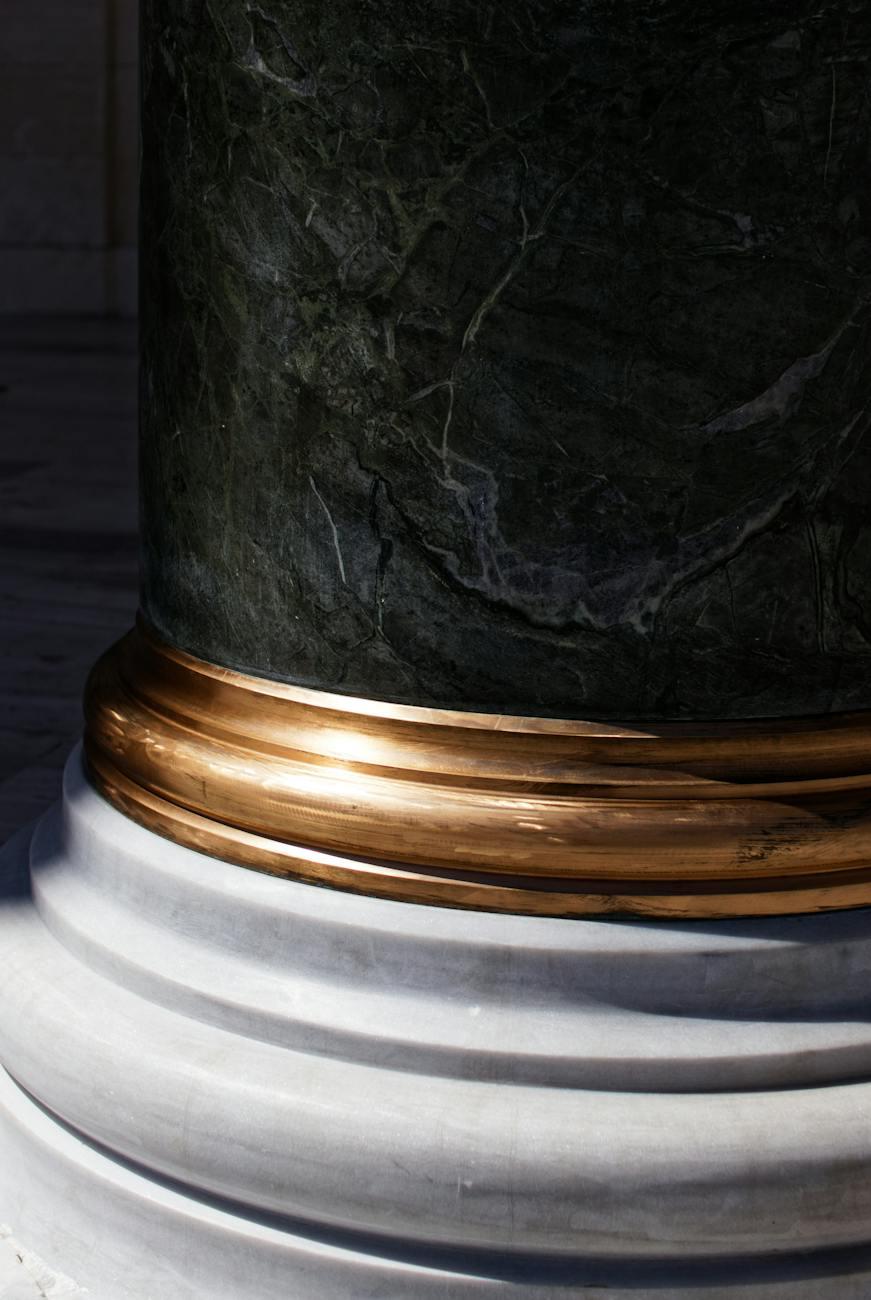Explore the World's Best Ideas
Join today and uncover 100+ curated journeys from 50+ topics. Unlock access to our mobile app with extensive features.
The Cogito Argument
He continued his Quest for Certainty and tried to raise skeptical hypothesis to his very existence and here's what happen.
Premise 1: If I try to persuade myself that I don't exist, then still I exist as the thing that persuade myself.
Premise 2: If I am just being deceived by an evil genius (Meditation 1) that I don't exist, then I certainly exist as the thing being deceived.
Conclusion 1: I cannot doubt my existence (From premise 1 & 2)
Conclusion 2: I am certain that I exist when I think. (From Conclusion 1, premise 1, & 2)
(Many scholar attributed here the famous quotation of Descartes...)
11
133 reads
New Foundation of his beliefs
This is the end of skeptical hypothesis, Rene Descartes found a certainty from himself and start to build his undoubtedle foundational beliefs from here.
8
110 reads
The Res Cognitas Argument
To established a new foundational beliefs from his very existence, first he need to know himself so Rene Descartes ask the questions "What am I?"
Properties I previously have (before the skeptical hypothesis)
a. Body — physical properties
b. Nourishment — growth
c. Locomotion — movement
d. Sensing — seeing, feeling, etc.
e. Thinking
Premise 1: I can doubt that I have physical body, nourishment, locomotion, and sensing. (eliminated by the Skeptical argument from Meditation 1)
Premise 2: But I cannot doubt my existence when I'm Thinking
Conclusion 1: So I am a "Thinking thing".
11
91 reads
Rationalism
Rene Descartes has found that the one thing he can be most certain about his own existence as a thinking thing and that is the knowledge of which does not come through his senses, this is called Rationalism.
10
82 reads
The Problem
But then he realized that both of his conclusion from Cogito argument and Res Cognitas argument doesn't used any sense. Therefore, goes against common sense in two ways:
1. It seems that our most secure knowledge comes from our senses (Empiricism).
2. It seems that we have our clearest and most distinct ideas from physical objects.
8
84 reads
The Wax Argument
He used the Wax Argument to prove that Rationalism is more reliable and the most secure source of knowledge.
Premise 1: Observing a piece of wax using senses will reveal the properties it possessed like shape, color, and scent.
Premise 2: When the piece of wax is melted, these properties change completely.
Premise 3: But we still recognize the melted wax as the same substance.
Premise 4: I cannot know this through my senses, which only provide access to sensible properties.
Conclusion: My understanding (Thinking) is more reliable than my senses.
8
79 reads
At the end of Meditation Two, Rene Descartes found the Certainty (Rationalism) that he wants but the problem that he raises in Meditation One (Dreaming hypothesis and Evil Genius Hypothesis) are not yet resolve. If it that's the case he alone is the only one that sure to exist and everybody are just illusion, this is called Solipsism.
(The idea of solipsism s not exactly in the book solipsism but the concept of solipsism is attributed at this part of Meditation)
8
80 reads
IDEAS CURATED BY
CURATOR'S NOTE
Summary of Meditation II. Of the Nature of the Human Mind; and that it is more easily known than the Body.
“
Similar ideas
Read & Learn
20x Faster
without
deepstash
with
deepstash
with
deepstash
Personalized microlearning
—
100+ Learning Journeys
—
Access to 200,000+ ideas
—
Access to the mobile app
—
Unlimited idea saving
—
—
Unlimited history
—
—
Unlimited listening to ideas
—
—
Downloading & offline access
—
—
Supercharge your mind with one idea per day
Enter your email and spend 1 minute every day to learn something new.
I agree to receive email updates







